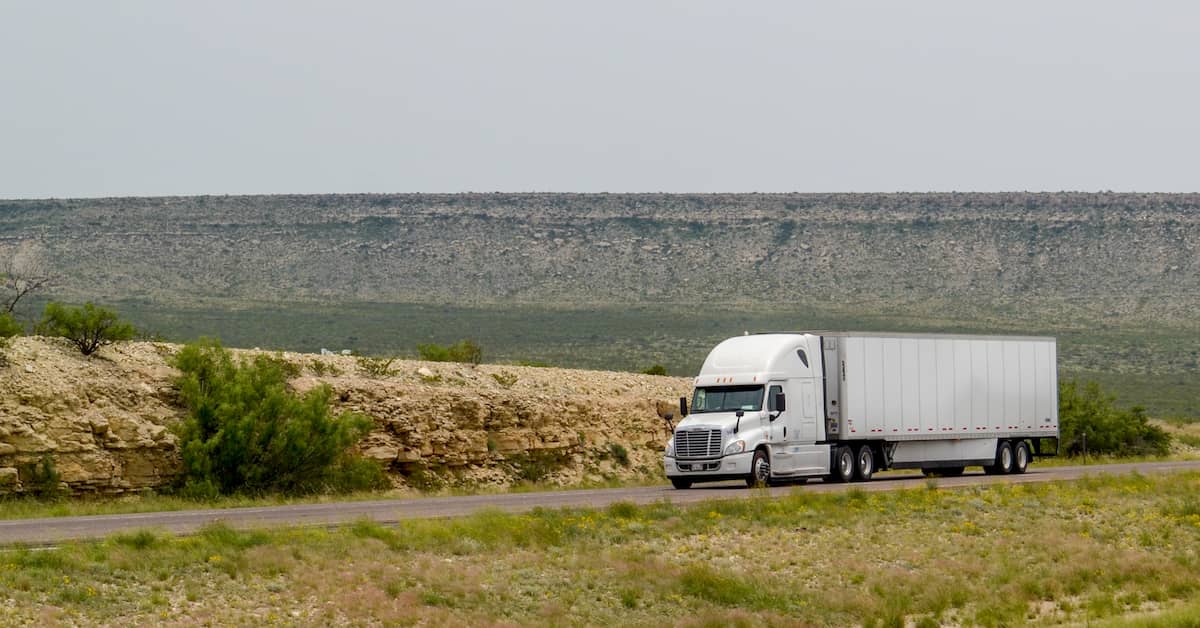
Truck accident lawsuits are extremely challenging. If you or a member of your family was in a collision with a commercial truck, pursuing the compensation you deserve will likely be an uphill battle. Recent changes in Texas law make it more difficult for plaintiffs to seek maximum damages for their injuries and losses.
House Bill 19 (HB 19) went into effect September 1, 2021. The law amends the Texas Civil Practice and Remedies Code to change the trial proceedings for legal actions involving commercial trucks and other vehicles used for commercial purposes.
Patrick Daniel Law has extensive experience handling truck accident lawsuits, and we can help you understand what may happen if your case goes to trial. For a FREE case review, please call (713) 999-6666 today.
Not all truck accident cases go to trial. It may be possible to negotiate a favorable settlement without going to court or even filing a lawsuit.
However, the complex issues in truck accident claims often make it necessary for claimants to file a lawsuit. Ultimately, trying the case in court may be the only option for seeking compensation.
Multiple defendants may be liable in a truck accident lawsuit. Two of the most common are:
Trucking companies are large and powerful. Although commercial carriers and their insurance companies will generally try to avoid the uncertainty and expense of a trial, it is not uncommon for them to contest liability, make low settlement offers, and/or refuse to negotiate. If these issues cannot be overcome through negotiations, your lawyer may suggest filing a lawsuit.
When it was introduced, the sponsors of HB 19 argued that the bill would protect trucking companies and other businesses from so-called “unjust and excessive lawsuits.” To do this, HB 19 changed the legal procedure Texas courts use for claims involving semi-trucks and other commercial vehicles. Although trucking companies and other employers can still be held liable for the accidents drivers cause, the process for doing so is more challenging.
HB 19 establishes a bifurcated trial process for truck accident lawsuits. “Bifurcated” means divided into two. According to Section 72.052 of the Texas Civil Practice and Remedies Code, a defendant must file a motion for a bifurcated trial prior to whichever of the following dates is later:
The court will review the motion and decide whether to grant or deny the defendant’s request for a bifurcated trial.
Many commercial motor vehicle accident claims are brought on the grounds of respondeat superior. Latin for “the master must answer,” respondeat superior is a legal theory that imposes vicarious liability on an employer for the negligence of an employee while acting in the capacity of his or her employment.
Under the changes made by HB 19, claims based on respondeat superior may only proceed if the defendant employer stipulates the following:
“at the time of the accident, the person operating the vehicle was:
– Texas Civil Practice and Remedies Code § 72.054
If a commercial carrier makes these stipulations, the plaintiff is barred from presenting evidence against the employer for the commercial driver’s “ordinary negligence” (i.e., carelessness or recklessness) unless the driver is found to be at fault for the accident. Effectively, this divides the trial into two separate stages: first comes the action against the driver, then comes the action against the employer.
A bifurcated trial for a commercial motor vehicle accident proceeds as follows:
The liability of the employee defendant (i.e., the commercial driver) is determined in the first phase of a bifurcated trial. If the truck driver is found liable for the accident, the court awards the plaintiff compensatory damages. This may include compensation for:
Under the bifurcation framework created by HB 19, evidence against the trucking company is generally not admissible in the first trial phase. However, Texas Civil Practice and Remedies Code § 72.053 allows evidence of the failure of the employer defendant to comply with applicable regulations and standards to be presented in the first phase of a bifurcated trial in the following circumstances:
Furthermore, if an employer defendant is subject to regulation under the Motor Carrier Safety Improvement Act of 1999 or Chapter 644 of the Texas Transportation Code, evidence of the following may also be presented in a bifurcated trial’s first phase:
This evidence may only be presented in the first phase of a bifurcated trial in support of a claim of negligent entrustment (i.e., the employer entrusted a commercial vehicle to a driver who was not qualified to operate it).
If the court finds that the truck driver “was negligent in operating an employer defendant’s commercial motor vehicle” in the first phase of a bifurcated trial, this “may serve as a basis for the claimant to proceed in the second phase of the trial on a claim against the employer defendant” (Texas Civil Practice and Remedies Code § 72.052). During the second phase of trial, the court will also make a determination as to punitive or exemplary damages.
Exemplary damages may only be awarded if the plaintiff presents clear and convincing evidence that the injury occurred as a result of fraud, malice, or gross negligence on the part of the defendant (see Texas Civil Practice and Remedies Code § 41.003). This is a higher standard than the one required to prove ordinary negligence. Strong evidence against the trucking company (including prior violations) is required to prevail.
One year after it was enacted, the full effects of HB 19 on truck accident litigation still remain to be seen. If you were seriously injured or lost a loved one in a truck accident, you shouldn’t have to worry about legal complexities. You need an experienced attorney with a thorough understanding of the law who can help you navigate your case.
Patrick Daniel Law has extensive experience handling truck accident lawsuits. We are Strategic, Meticulous, and Merciless in our commitment to maximizing compensation for our clients. This may consist of negotiating a favorable settlement on your behalf or filing a lawsuit and (if necessary) taking your case to trial.
Contact Patrick Daniel Law today for a FREE case review. Attorney Patrick Daniel serves clients throughout Houston, all of Texas, and nationwide.
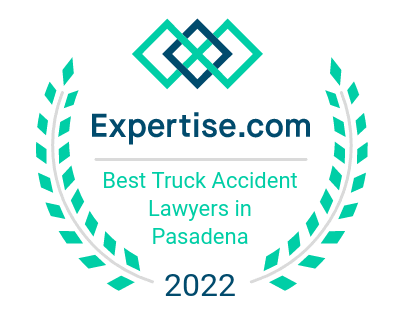 Top Truck Accident Lawyer in Pasadena
Top Truck Accident Lawyer in Pasadena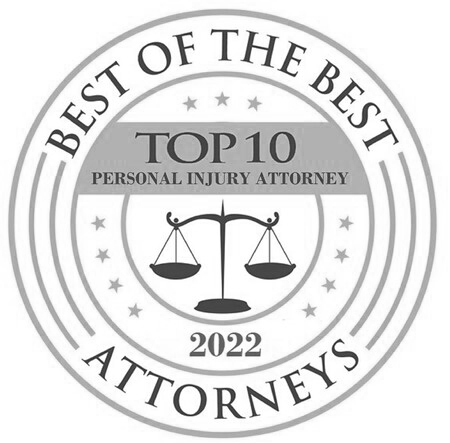 Best of The Best Attorneys
Best of The Best Attorneys Best of the Best Houston Chronicle 2021
Best of the Best Houston Chronicle 2021 Best Motorcycle Accident Lawyers in Houston 2021
Best Motorcycle Accident Lawyers in Houston 2021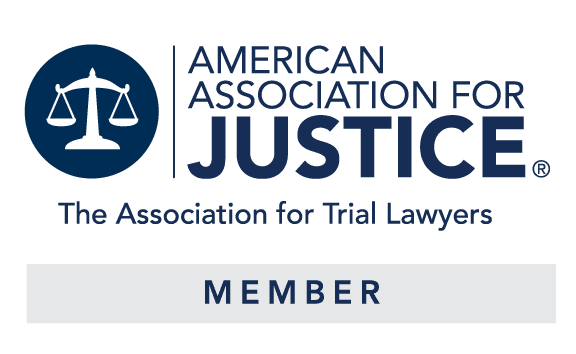 American Association for Justice Member
American Association for Justice Member The National Trial Lawyers 2016 – (Top 40 under 40)
The National Trial Lawyers 2016 – (Top 40 under 40) Multi-Million Dollar Advocates Forum 2016 (Top Trial Lawyer)
Multi-Million Dollar Advocates Forum 2016 (Top Trial Lawyer) Million Dollar Advocates Forum 2019 (Top Trial Lawyer)
Million Dollar Advocates Forum 2019 (Top Trial Lawyer) America’s Top 100 Attorneys 2020 (High Stake Litigators)
America’s Top 100 Attorneys 2020 (High Stake Litigators) Lawyers of Distinction 2019, 2020 (Recognizing Excellence in Personal Injury)
Lawyers of Distinction 2019, 2020 (Recognizing Excellence in Personal Injury)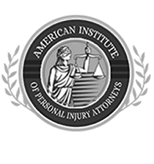 American Institute of Personal Injury Attorneys 2020 (Top 10 Best Attorneys – Client Satisfaction)
American Institute of Personal Injury Attorneys 2020 (Top 10 Best Attorneys – Client Satisfaction) American Institute of Legal Advocates 2020 (Membership)
American Institute of Legal Advocates 2020 (Membership)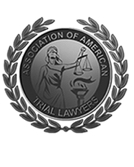 Association of American Trial Lawyers 2018 - Top 100 Award recognizing excellence in personal injury law
Association of American Trial Lawyers 2018 - Top 100 Award recognizing excellence in personal injury law American Institute of Legal Professionals 2020 (Lawyer of the Year)
American Institute of Legal Professionals 2020 (Lawyer of the Year) Lead Counsel Verified Personal Injury 2020
Lead Counsel Verified Personal Injury 2020 The Houston Business Journal 2021
The Houston Business Journal 2021